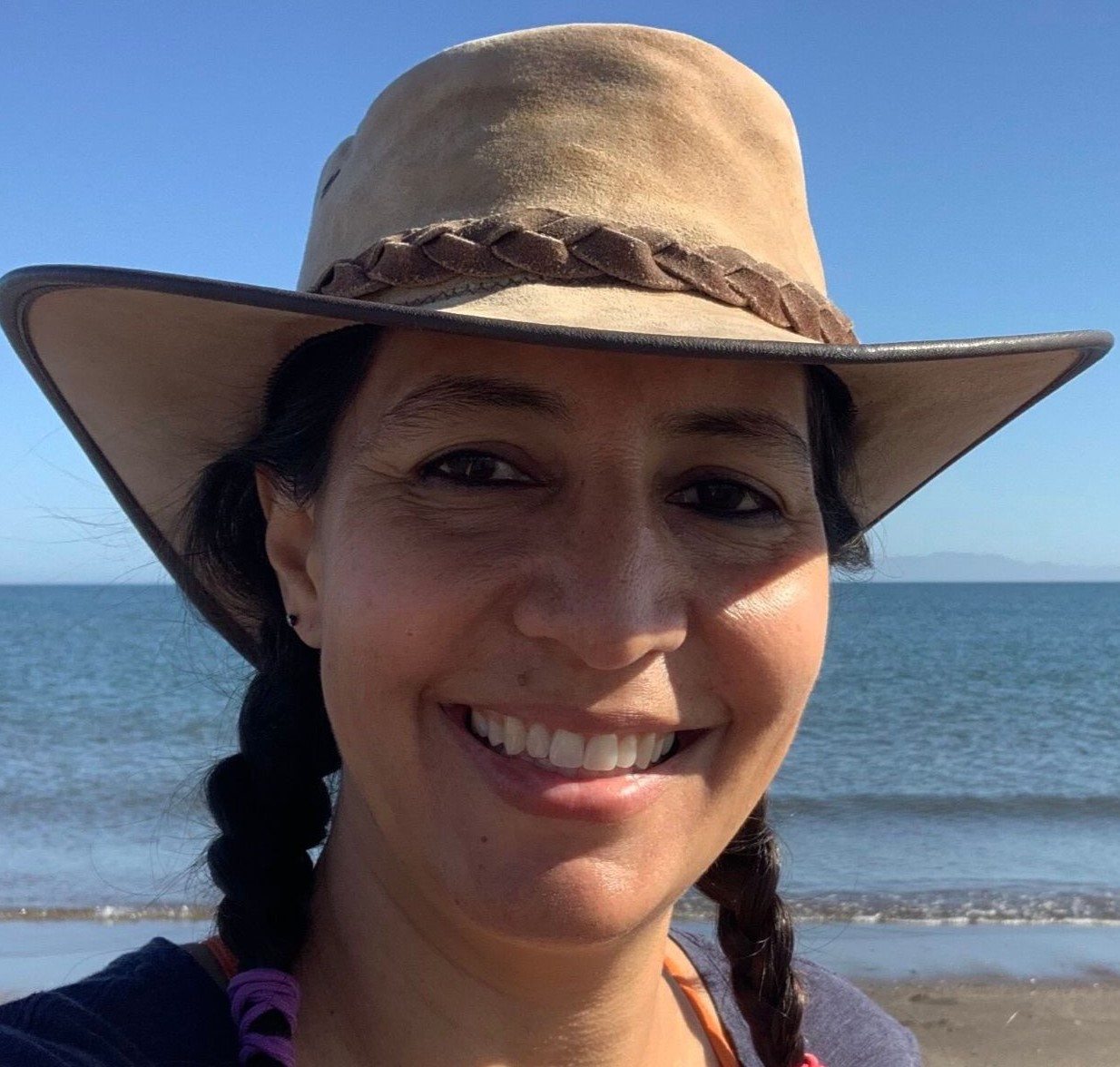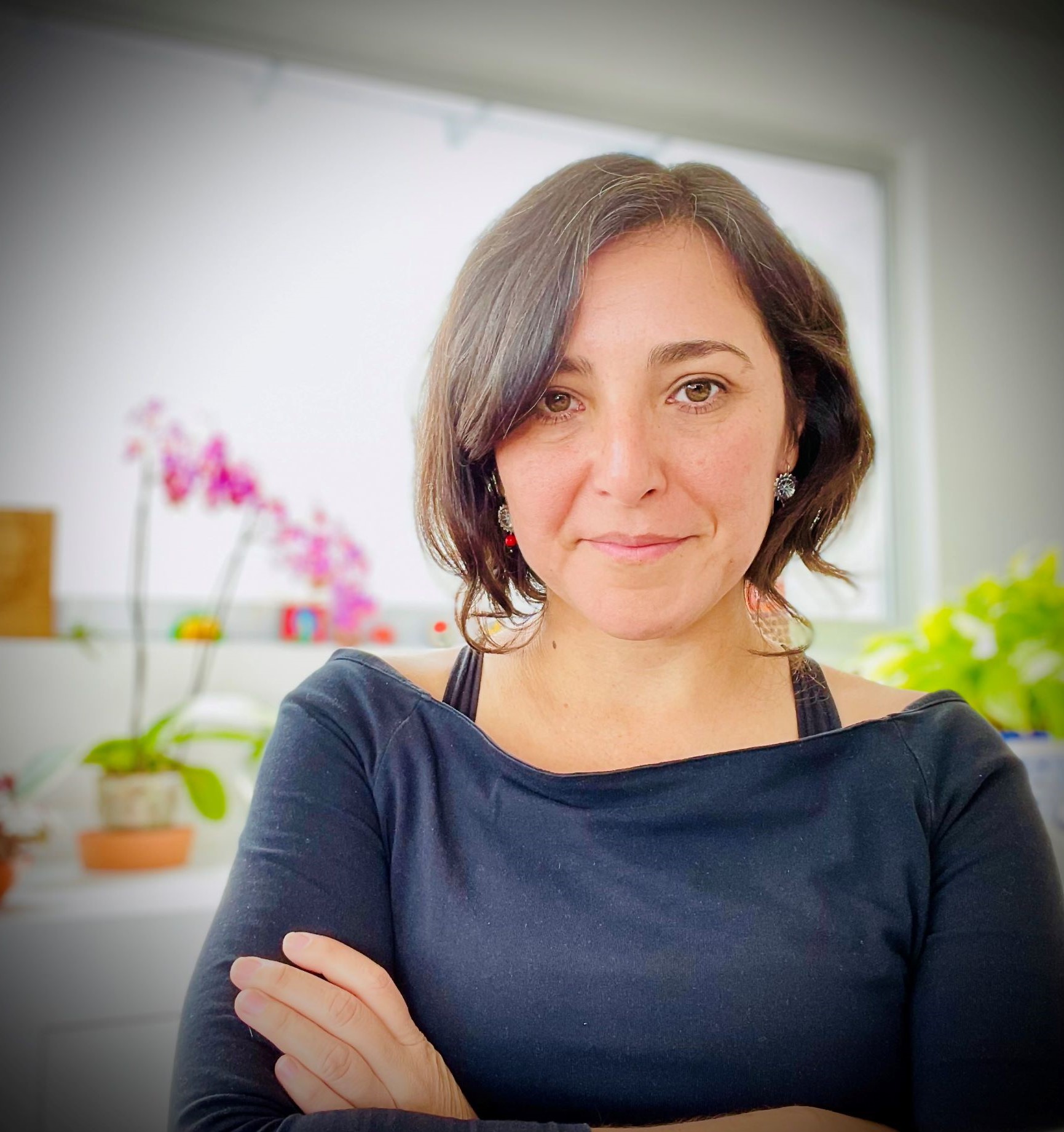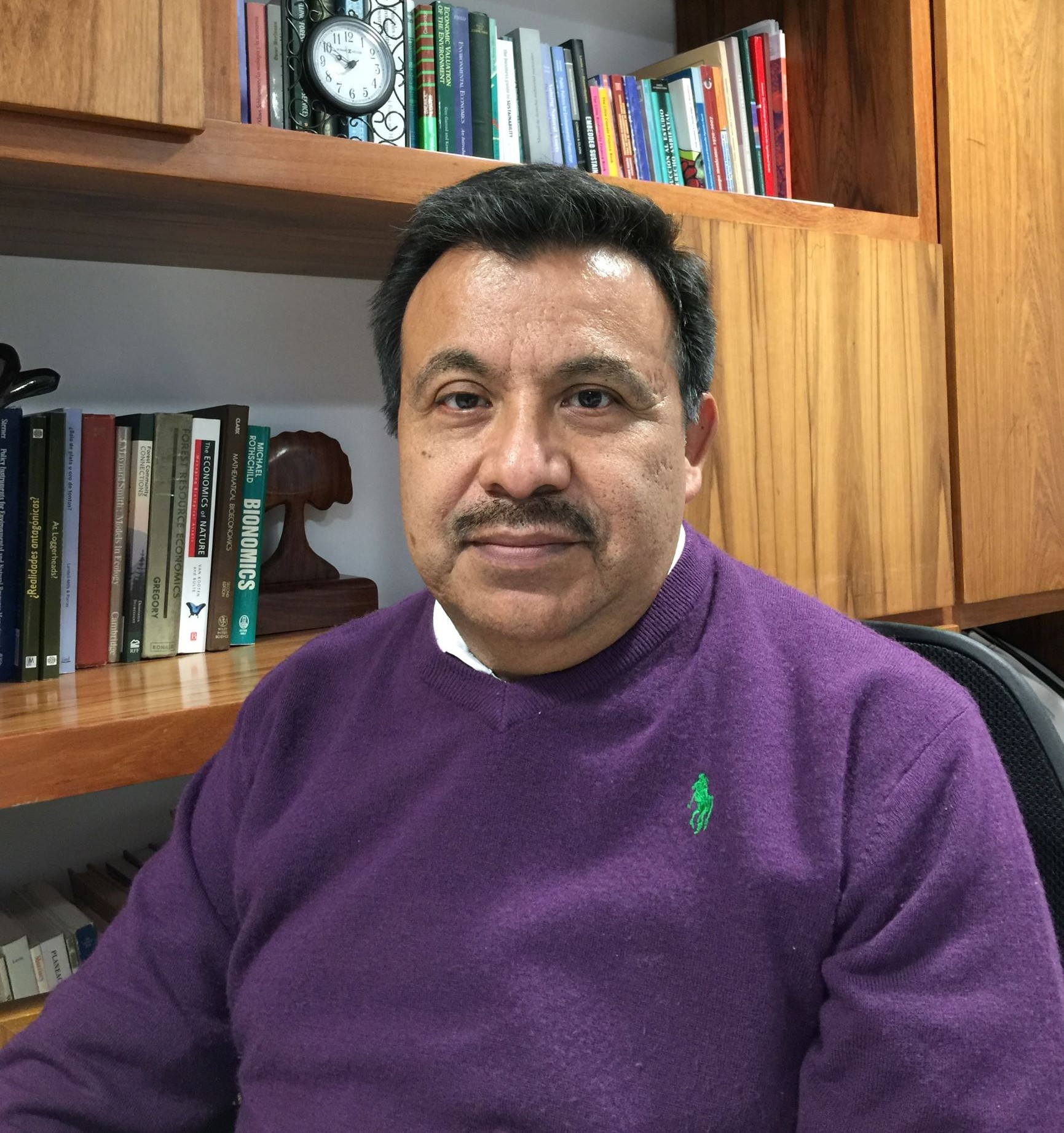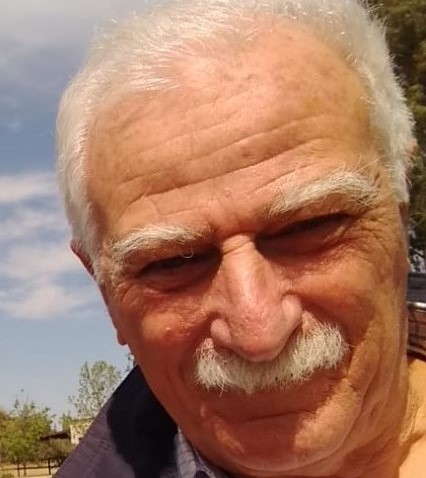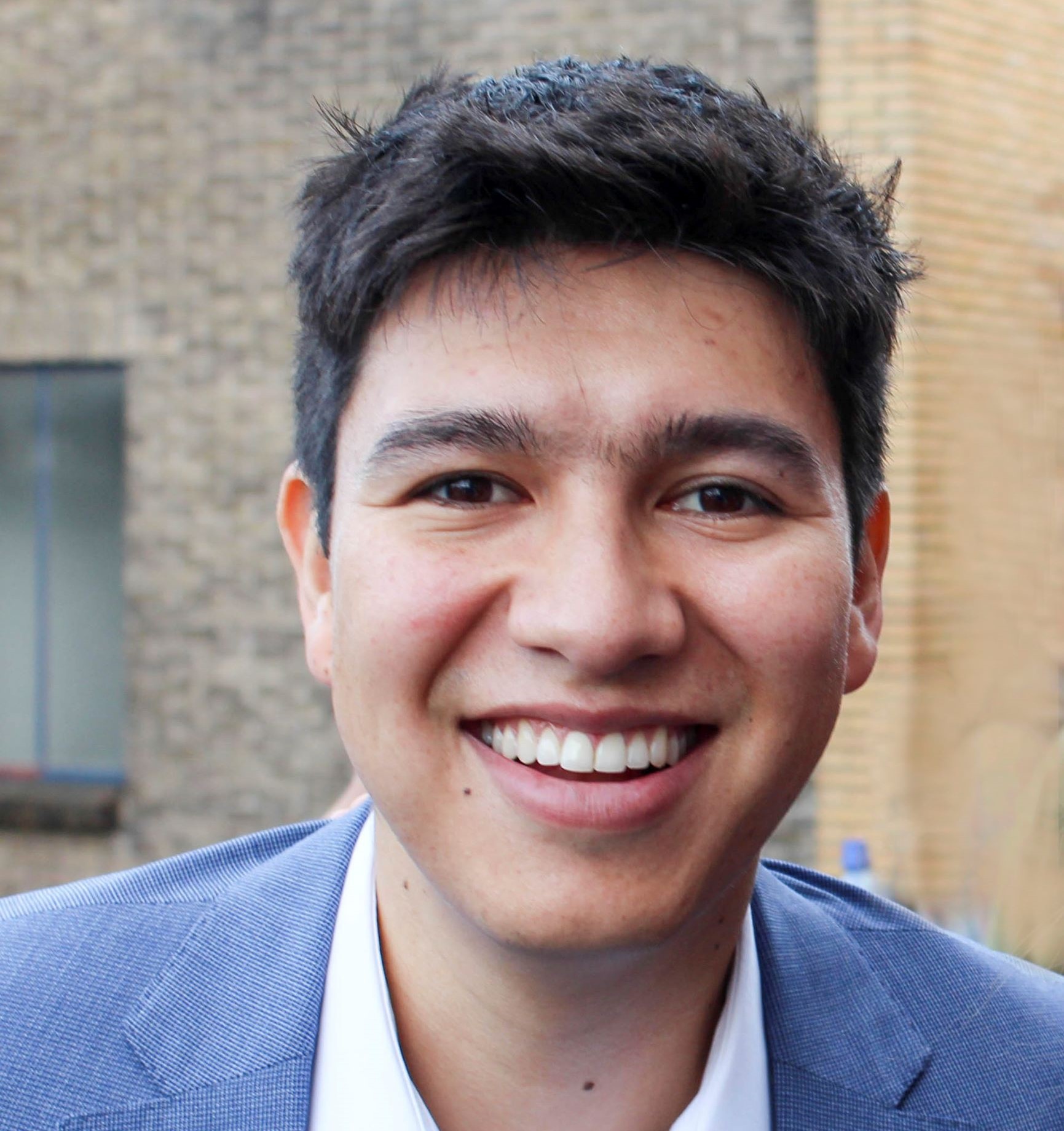
Meet the FABLE Mexico team
The team is led by an inter-discriplinary group from several local research institutes and universities. The team's expertise areas are forestry, geography, biodiversity, land-use planning, sustainable development, nutrition, economics and rural development.
Models used by the team: FABLE Calculator and GLOBIOM.
Research interests:
- Enhance climate change mitigation by improving forest management practices, including the role of long-lived harvested wood to products to store carbon and substitute energy intensive materials (e.g. steel, concrete).
- Diet quality measurement in relationship with environmental impact and its association with health outcomes. Characteristics of a diet with low environmental impact and compliance with nutritional recommendations.
- Land use dynamics and associated factors.
- Protecting biodiversity and forest land while keeping sustainable agricultural and livestock production. These can be done “using” correctly the three key elements of natural resource management: production/extraction, conservation, and restoration/rehabilitation.
- The evolving role of geography in economic development, the impact of agricultural technology diffusion, and collaboration with country governments on integrated rural development and poverty program targeting using data-driven approaches.
- Agricultural and natural resource economics, and investment project evaluation.
- Traditional knowledge of natural resource management.
- Landscape, and sense of place in small rural communities.
- Social vulnerability to environmental risks in small rural localities.
- The interface between conservation, land use transition, and landscape ecology and modeling of biological and environmental systems for spatial planning and resource management.
- Mexican land and food systems and the role of public policy in shaping them.
- Telecoupled and land use dynamics, socioeconomic metabolism, social-ecological systems, planetary boundaries, footprints commodities, corporate biosphere stewardship.
Transforming food and land-use systems in Mexico
Mexico's diverse topography and uneven distribution of water resources present significant challenges to its agriculture and livestock production systems. Approximately 70% of Mexico's land area is characterized by abrupt topography, while two-thirds of the country is arid or semi-arid, resulting in significant challenges for food production systems. Forested ecosystems are mostly found along the mountain ranges and in the tropical south, with scarce flat topography for agricultural production. However, agriculture and livestock production continue to drive deforestation in Mexico, with much of the land under peasant agriculture facing economic and climate-related pressures. Inadequate and inconsistent public policies exacerbate these challenges, leading to poor yields and limited investment.
The impact of climate change is expected to increase these challenges, with more frequent and severe droughts predicted to occur over the next 30 years. Global climate models suggest that precipitation will decrease across most of the country, with the most significant reductions occurring in the major food-producing states of Sinaloa, Jalisco, Michoacán, Veracruz, and Tabasco.
Additionally, consistent warming and drying trends are projected to result in declining rainfall and an increase in minimum temperatures during the growing season, with some regions expected to experience an increase of up to 3.5°C. These trends are likely to have a significant impact on crop yields, with models suggesting that rain-fed maize production could decline by up to 30% in the Northeast and South of the country. In the Northwest, negative responses to nighttime temperature increases have already been observed in wheat yields, indicating that minimum temperature increases will affect the major wheat-producing regions of Mexico.
Meanwhile, the food system is not delivering healthy diets, as 43% of the Mexican population experiences moderate to severe food insecurity, while seven out of ten adults are either overweight or obese.
There is a lack of a multi-scale/systems approach and tools to help design, assess, and communicate the impact of public policies related to the AFOLU sector.
Key national objectives and targets
Mexico has set ambitious targets for its food and land-use systems to address climate change and promote sustainable development. The country aims to increase agricultural yields through the use of agroecological practices and the restoration of degraded agricultural lands. To achieve these targets, Mexico is prioritizing the reduction of food waste and the promotion of sustainable food systems. This includes initiatives to improve supply chains, reduce food loss and waste by half by 2030, and promote healthy and sustainable diets.
Mexico is also committed to achieving net-zero deforestation by 2030 and carbon neutrality by 2050. This commitment was included in Mexico's Nationally Determined Contribution (NDC) to the Paris Agreement, which aims to reduce greenhouse gas emissions and promote sustainable development. The zero-deforestation target includes both natural forests and tree plantations, and aims to promote sustainable land-use practices, protect biodiversity, and reduce greenhouse gas emissions from deforestation and forest degradation.
Mexico has set a goal to protect at least 17% of its terrestrial and inland water areas as natural protected areas by 2030. This target aligns with the international commitment under the Convention on Biological Diversity's Aichi Biodiversity Targets.
Policy engagement
Mexican National Institute of Public Health: We maintain a longstanding collaboration with the National Institute of Public Health (INSP) in Mexico. Together, we have conducted an analysis to assess the potential impact of existing Mexican diets on food and land use systems. Additionally, our joint efforts have focused on developing a diet that incorporates national health guidelines, cultural preferences, and recommendations from the EAT-Lancet Commission. By comparing the effects of these two diets, we have evaluated the implications of dietary shifts on land use systems and their sustainability.
Ministry of Agriculture (SADER): We have established a productive collaboration with the Ministry of Agriculture, spanning over a year. Our partnership focuses on delivering technical training to enhance the capabilities of the analytical model we employ. Through this collaboration, we aim to effectively analyze the impact of public policies and explore the integration of these policies into the model. By doing so, we can identify and assess the potential effects of policy changes on various aspects related to agriculture.
National Forestry Commission (CONAFOR): Under a broader collaborative framework coordinated by the SilvaCarbon program for Latin America, the Caribbean, and Canada (LACC), members of the FABLE-Mexico team have started a technical dialogue with CONAFOR’s MRV/REDD+ and National Forest Monitoring units to explore and assess a portfolio of long-term climate change mitigation options for the forestry sector.
Publications
- González-Abraham, C., Flores-Santana, C., Rodríguez-Ramírez, S. et al. Long-term pathways analysis to assess the feasibility of sustainable land-use and food systems in Mexico. Sustain Sci 18, 469–484 (2023). https://doi.org/10.1007/s11625-022-01243-7.
- FABLE (2020). Pathways to Sustainable Land-Use and Food Systems. 2020 Report of the FABLE Consortium. International Institute for Applied Systems Analysis (IIASA) and Sustainable Development Solutions Network (SDSN), Laxenburg and Paris. 10.22022/ESM/12-2020.16896.. Mexico chapter.
- FABLE (2019). Pathways to Sustainable Land-Use and Food Systems. 2019 Report of the FABLE Consortium. Laxenburg and Paris: International Institute for Applied Systems Analysis (IIASA) and Sustainable Development Solutions Network (SDSN). Pathway for Mexico.
Recent activities
- Video tutorials in Spanish for the use of the FABLE Calculator. These videos are targeted to Spanish-speaking policymakers, researchers and anyone interested in learning how to use the FABLE Calculator.
- Webinar: UN Food System Summit 2021 Science Days. Side Event Learnings from Country-Level Pathways to the Global Food Policy Debate'.
- EAT@Home Side Session organized as a "deep dive" dialogue on supporting the long-term transformation towards sustainable food and land-use systems. The session explored how integrated, national pathways can help achieve global food, climate, and biodiversity goals with examples from the FABLE Consortium country teams.
- Stakeholder Engagement and Preparation for the 2020 FABLE Report. The Mexican FABLE team introduced its vision of future pathways for Mexico and demonstrated the utility of FABLE’s analytical tools to support governmental policy planning, for instance the Nationally Determined Contribution.
- Creating a tool that lets governments understand land use planning in Mexico
